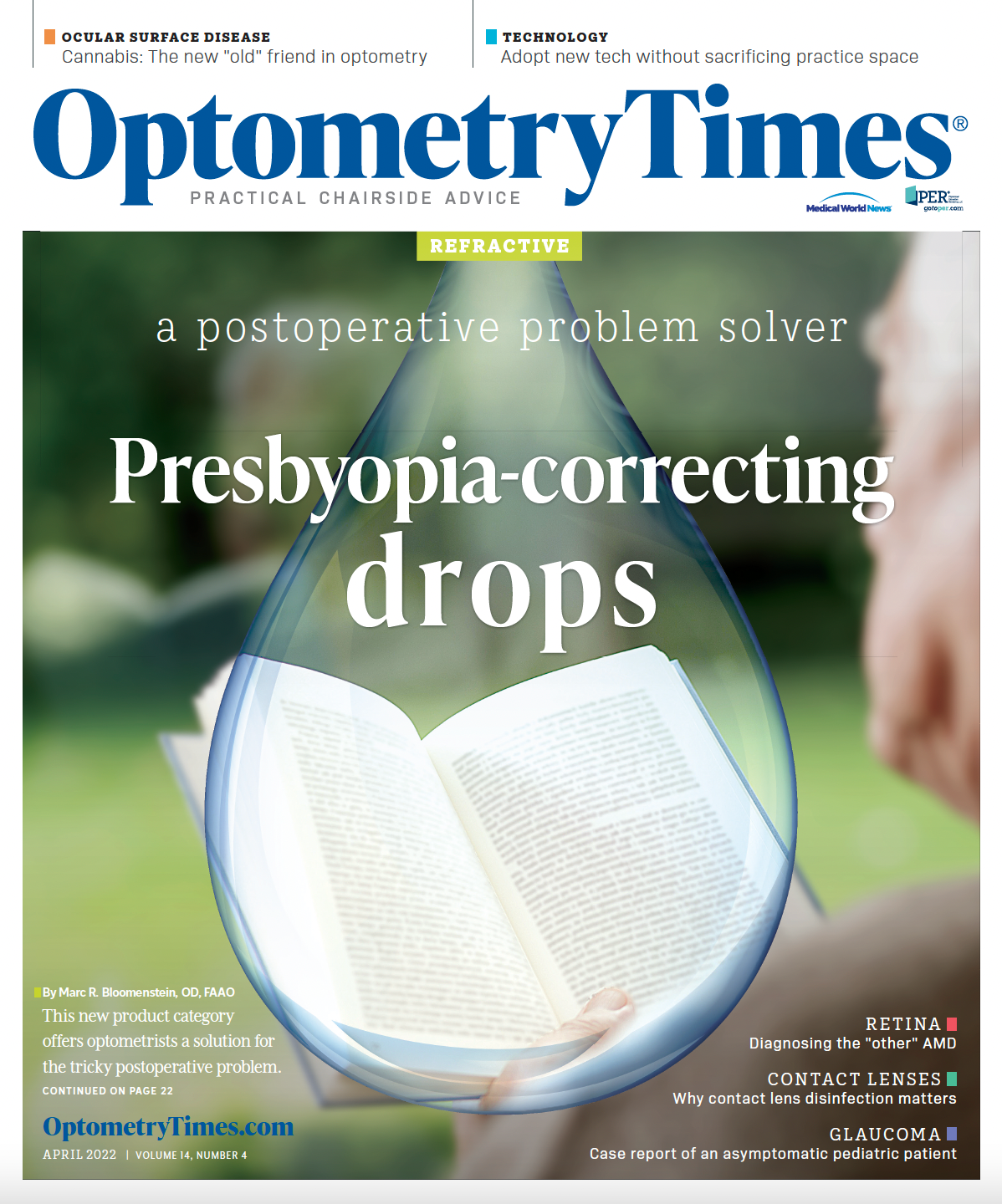34% of doctors report increased medical errors due to staffing shortages
Chronic staffing shortages are affecting both patient care and physicians’ well-being.

The mental health of health care professionals in 6 Western nations shows that chronic staffing shortages are affecting both patient care and physicians’ well-being.
More than one-third (34%) of responding physicians reported an increase in medical errors due to staff shortages, with that number increasing to 58% in Spain. Three-fourths of respondents said they are worried about the quality and safety of care, and 58% say staffing issues affect the mental health of patients.
The mental health of doctors isn’t faring much better. More than half of physicians report feeling frustrated (65%), burnt out (54%), and unappreciated (52%) in the past 3 months. Over 50% of them are so affected by chronic stress that they say they have considered leaving their profession in the past 3 months.
The data from Survey Healthcare Global (SHG) were sourced from 6 of the most pandemic-affected medical specialties in the United States, the United Kingdom, France, Germany, Italy, and Spain, from February 14 to 16, 2022.
“When physicians voice such strong concern about medical errors and the quality of patient care, health care leaders must take notice and redouble efforts to address the root causes of the staffing shortage,” said Daniel S. Fitzgerald, CEO of Apollo Intelligence, parent to SHG, in a statement.
For the top contributors to their strained mental health, respondents rank constant stress (34%) and staff shortages (30%) as the leading factors. And 18% report that they are more likely to drink, smoke, or use/abuse substances as a result. Yet nearly 75% say their organizations do not offer any wellness resources or programs to employees.
Although COVID-19 is regarded as the biggest reason for staff shortages by respondents in 5 of 6 nations, burnout is the second largest cause, cited by between 26% and 40%, depending on country. However, 40% of respondents say that health care staffing shortages originated well before the start of the pandemic.
Patients are also suffering as a result.
Respondents report that staffing problems are creating longer patient wait times (80%) and decreasing the quality of care (69%). An estimated 72% say their patients have experienced delayed access to treatments, routine visits (71%), and surgeries (59%). More than half of respondents (56%) say the resulting delays in diagnosis, care, surgery, and treatment have affected patients’ physical health and increased their pain and suffering (30%).
The respondents represented 5 specialties that experienced a sizable pandemic impact, including family medicine/general practice, emergency medicine, pediatrics, intensive/critical care, and surgery in relatively equal proportion.

Newsletter
Want more insights like this? Subscribe to Optometry Times and get clinical pearls and practice tips delivered straight to your inbox.